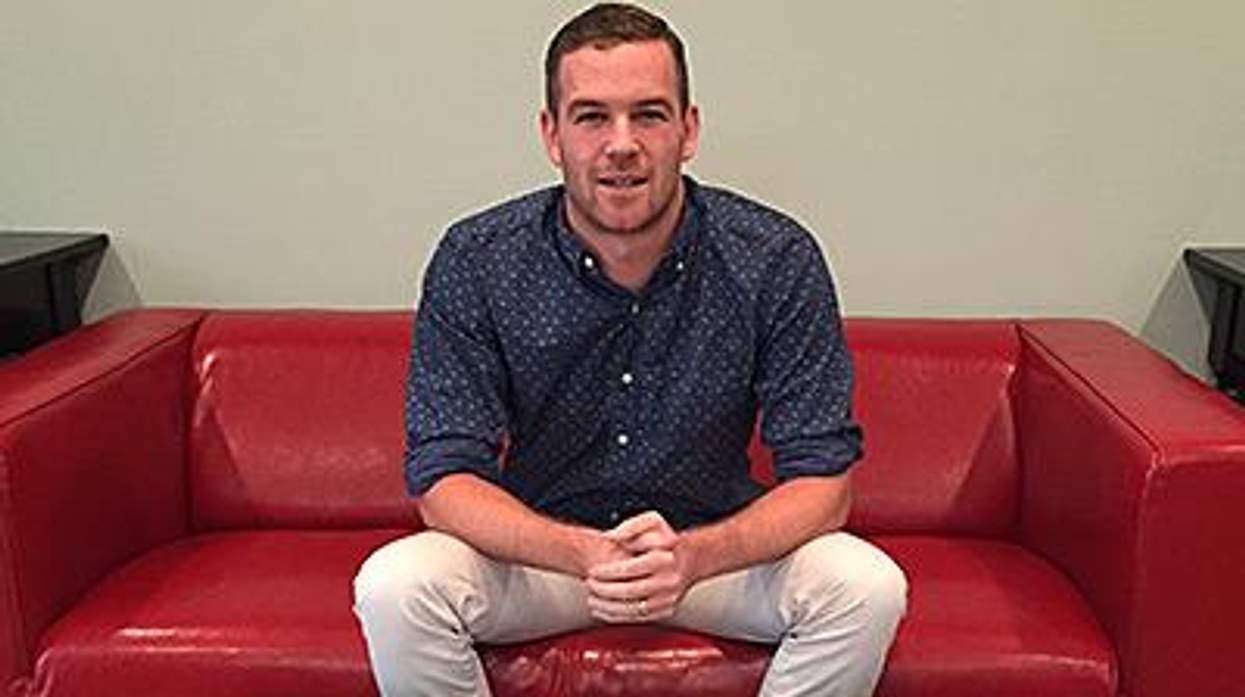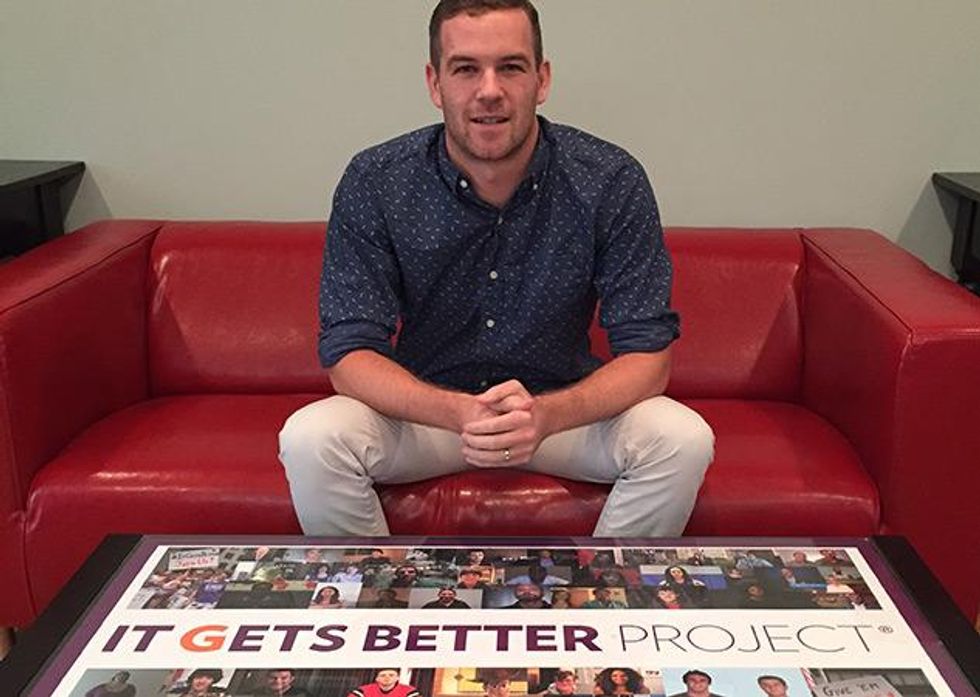On November 3, 2004, I sat with my fellow interns in the back of a crowded conference room at the GLAAD offices, listening to the executive directors of several leading LGBT organizations discuss election results via conference call. In that election, 11 states had voted to amend their constitutions, banning same-sex couples from the right to marry.
I remember the feeling in the room, the weight of the air, and the mixture of hurt and anger. But what I remember most was leaders setting a course of action and immediately discussing strategy. That moment continues to remind me that creating change requires movement toward action, even in times when we want to be still.
More than a decade later, the landscape of LGBT equality in this country looks very different. The leaders I continue to admire have a decade of victories to look back upon. Discriminatory laws have been struck down, policies have been either established or amended, and more openly LGBT people than ever before are now represented in virtually every realm of society.
Along with this new landscape comes a new generation of leadership. Former interns like myself are beginning to take the helm, serving as executive directors of LGBT organizations that work on behalf of the community. Despite progress, we still face the challenge of addressing systemic inequity, such as workplace protections, community safety and wellness, youth homelessness, and health care access. In the wake of so much recent success, there are some ready to celebrate our latest victories and go home. We face the task of inspiring our constituencies to continue to rally around these pervasive issues.
If new leaders attempt to do this alone, we are doing ourselves and the larger community a great disservice. We can assure the continued success of this movement by giving a new generation comprehensive and transparent knowledge regarding the in and outs of LGBT organizing. Leadership development is essential -- not just for the success of the individuals and their organizations, but for the LGBT community as a whole.
In June 2013, I was hired as the executive director of the It Gets Better Project, an organization dedicated to providing support to LGBT youth that experience bullying and isolation. I was thrilled by the opportunity to run an organization that I already admired so much and was excited to get to work immediately. I had a tremendously supportive board of directors, but, like many other new executive directors, lacked a professional confidant with years of nonprofit leadership experience to guide me through those first few months. I quickly discovered that leadership roles in the fight for equality can be isolating and overwhelming, especially when the work you do is so connected to the issues you care about personally.
Fortunately, I was selected to take part in the Arcus Leadership Program as one of its Leadership Fellows. The fellowship paired me with Derek Hodel, an experienced executive director with an inspiring history of advocacy on behalf of the LGBT community. Derek shared useful strategies for managing board and staff relationships, methods for setting organizational goals, and important lessons in time management. More than that, I built a friendship with someone who could empathize with me and validate my experiences.
I was also given the invaluable chance to connect with other Arcus Leadership Fellows at a three-day retreat. We created an environment where we could easily discuss common challenges and we were strengthened by a shared commitment to supporting one another and the diverse communities we serve. My time as a part of the fellowship gave me the relationships, inspiration, and tools to sustain my drive and my organization.
The obstacles our community faced a decade ago have evolved over time as we achieve new victories. Today's challenges are no more difficult to overcome -- but they are different. Programs like the Arcus Leadership Fellowship provide new leaders in our movement with the opportunity to learn from one another in order to navigate this new and ever-changing landscape together. Through collaboration, we can develop inclusive and comprehensive pathways to victory that will lead us through another decade of progress.
















